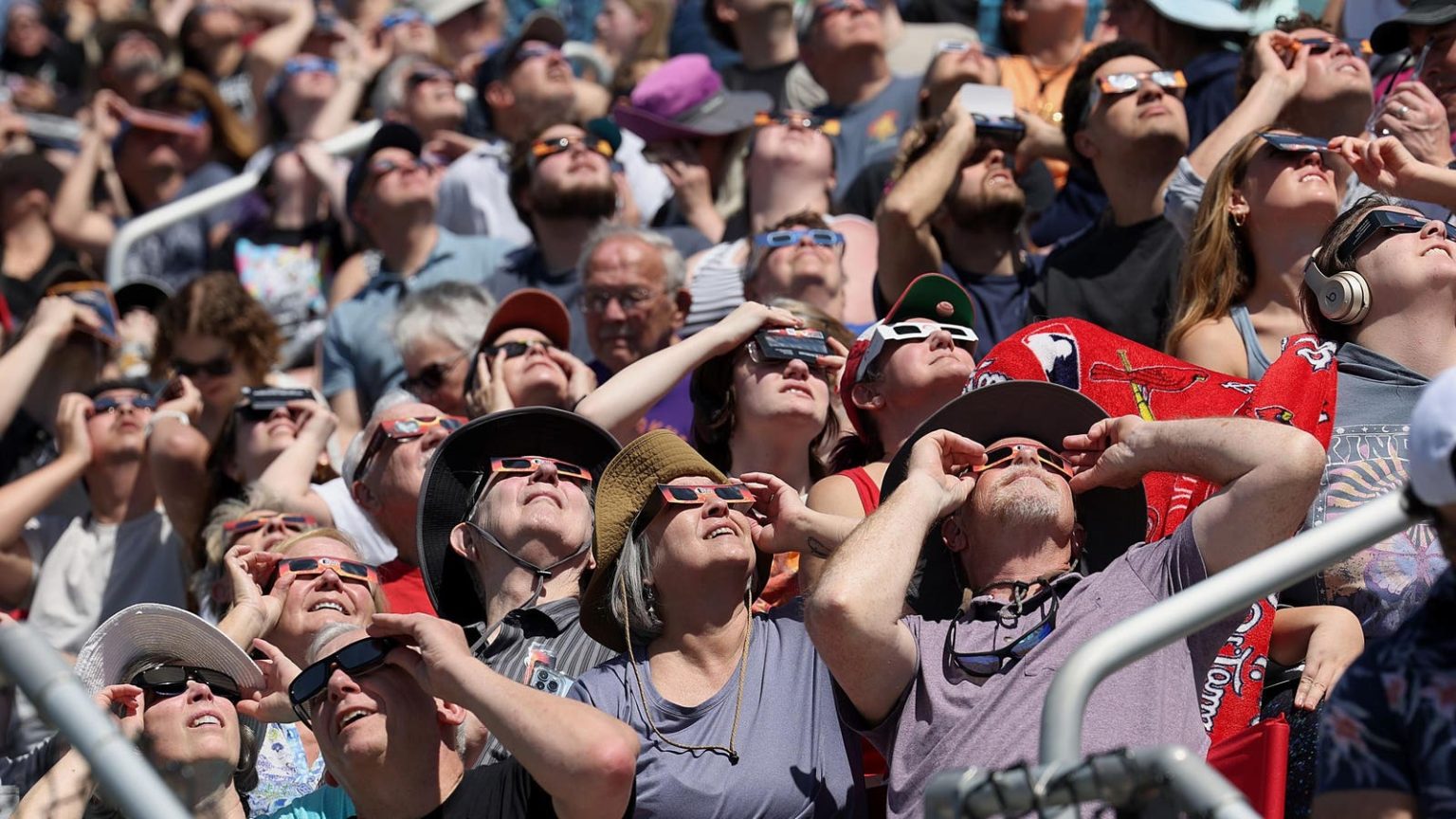Millions of Americans were captivated by the total solar eclipse that occurred on April 8th, but what many may not realize is that this rare event is not a one-time occurrence. In fact, the next total solar eclipse in the U.S. is set to take place on March 30, 2033 in Alaska. This will be followed by another eclipse on August 23, 2044 in Montana and North Dakota, with a coast-to-coast eclipse happening the following year.
The next total solar eclipse in the U.S. after that will be on May 11, 2078, when Mexico and several states in the U.S. such as Louisiana, Mississippi, Alabama, and Florida will experience totality once again. This recurrence is determined by the Saros cycle, which predicts when the moon’s shadow will strike Earth. The Saros cycle repeats every 18 years, 11 days, and 8 hours, with every fourth eclipse in a Saros cycle returning to the same place on Earth every 54 years, 33 days.
The 2078 eclipse will last for 5 minutes and 40 seconds over the Gulf of Mexico, with cities like New Orleans, Mobile, Atlanta, and Norfolk experiencing darkness. This eclipse is part of Saros 139, which will continue to bring eclipses to the U.S. until July 16, 2186, when a total solar eclipse off the coast of Brazil will last for 7 minutes and 29 seconds, making it the longest eclipse in 5,000 years.
In addition to the 2078 eclipse, there are five other total solar eclipses scheduled to occur in the U.S. before 2080, giving an entire generation of Americans the opportunity to witness this spectacular event. These eclipses will range from 2 minutes 37 seconds in Alaska in 2033 to 6 minutes and 6 seconds in multiple states in 2045. Eclipse enthusiasts are encouraged to mark their calendars and plan ahead to ensure they don’t miss out on these rare and awe-inspiring events.
As an expert in eclipses and the editor of WhenIsTheNextEclipse.com, the author of the book “When Is The Next Eclipse? A traveler’s guide to total solar eclipses 2024-2034,” encourages everyone to keep an eye on the sky and be prepared to witness the beauty and wonder of the upcoming total solar eclipses. With clear skies and wide eyes, eclipse chasers across the U.S. can look forward to several more opportunities to witness this extraordinary celestial event in the coming years.


